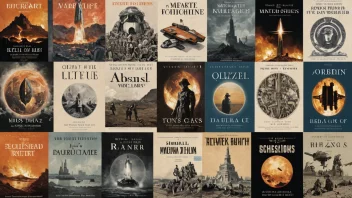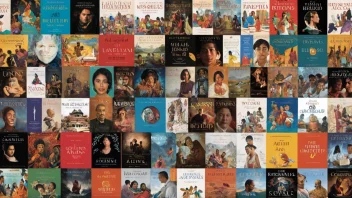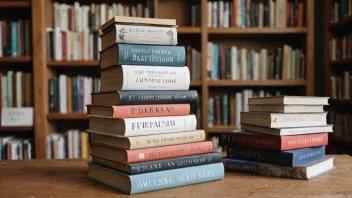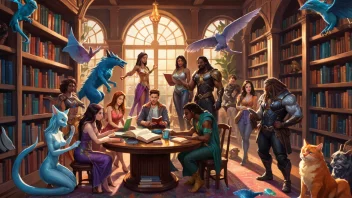For those who seek to understand the intricate tapestry of history, non-fiction books provide profound insights and narratives that illuminate our past. Here, we explore some essential non-fiction books that can deepen your appreciation of history and its myriad complexities.
1. **The History of the Ancient World by Susan Wise Bauer** - This sweeping narrative takes readers on a journey through ancient civilizations, from the Sumerians to the fall of Rome. Bauer's engaging storytelling transforms complex historical events into accessible narratives, making it an excellent introduction for anyone interested in ancient history.
2. **1776 by David McCullough** - This gripping account of the American Revolution focuses on the pivotal year of 1776. McCullough brings to life the struggles of George Washington and his troops, providing a detailed look at the challenges they faced. The book combines meticulous research with vivid storytelling, making it a captivating read for history enthusiasts.
3. **The Devil in the White City by Erik Larson** - This book intertwines the true story of the 1893 Chicago World's Fair with the chilling tale of the serial killer H.H. Holmes. Larson expertly combines history and narrative nonfiction, creating a compelling account that explores the cultural and societal shifts of the time while keeping readers on the edge of their seats.
4. **A Short History of Nearly Everything by Bill Bryson** - Bryson takes readers on a journey through science and history, exploring the development of human knowledge from the Big Bang to modern times. His accessible and humorous writing style makes complex scientific concepts engaging, offering readers a broader view of how history and science are interconnected.
5. **Bury My Heart at Wounded Knee by Dee Brown** - This poignant book tells the story of the American West from the perspective of Native Americans. Brown documents the injustices faced by Indigenous peoples during the westward expansion, providing a crucial counter-narrative to traditional histories. This work is essential for understanding the impact of colonization on Native cultures.
6. **The Wright Brothers by David McCullough** - McCullough chronicles the lives and achievements of Orville and Wilbur Wright, the pioneers of aviation. This biography captures their determination and ingenuity, as well as the broader implications of their invention on society. McCullough’s storytelling brings history to life, inspiring readers with the Wrights’ legacy.
7. **The Origins of Totalitarianism by Hannah Arendt** - A profound exploration of totalitarian regimes, Arendt’s work examines the rise of Nazism and Stalinism. She delves into the psychological and social factors that enable such regimes to gain power, making this a critical read for anyone interested in political history and human rights.
These books offer diverse perspectives and narratives that can enrich your understanding of history. Whether you are a seasoned history buff or just beginning to explore the subject, these works will provide valuable insights and provoke thoughtful discussions about the past and its ongoing relevance.
Essential Reads for History Buffs Everywhere
Explore essential non-fiction books that illuminate history and deepen your understanding of the past.






